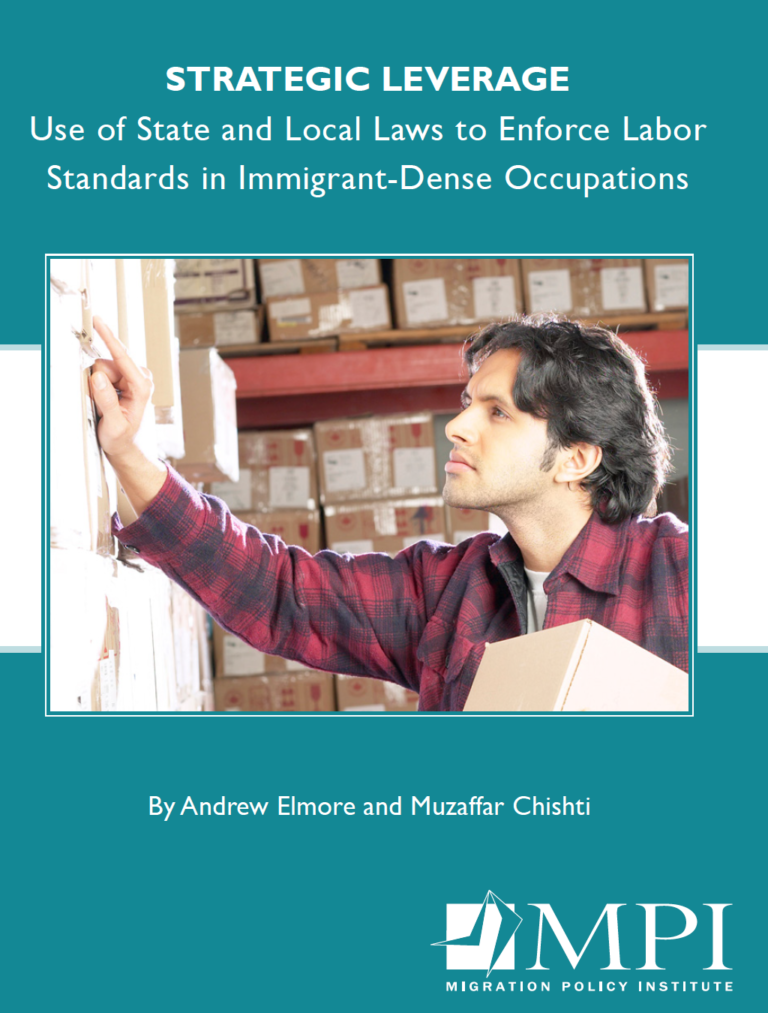Life Beyond Trafficking: The Re/integration of Trafficked Persons in the Balkans 2007-2014
PublicationsThis booklet aims to highlight the main results and impact of the King Baudouin Foundation's project "Trafficking Victims Re/integration programme" in the lives of trafficked persons as well as more generally in the field of re/integration in the Ba...Read More

